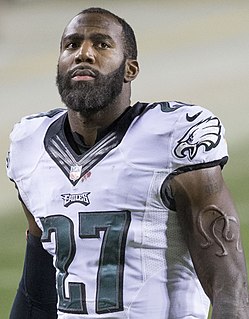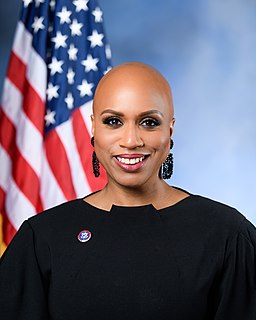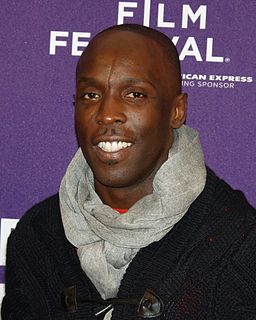A Quote by Hakeem Jeffries
We are the in midst of a bipartisan moment as it relates to criminal justice reform and dealing with mass incarceration in America which disproportionately impacts the African-American community.
Related Quotes
I think the biggest problem in our country is mass incarceration and the prison-industrial complex. From the Rockefeller drug laws to stand your ground to stop and frisk, all these are pointing people, especially and disproportionately black and brown people, towards the criminal-justice system. It's depleting whole generations of people.
I think, when the African-American community understands my record on criminal justice, my record on economics, the agenda we're bringing forth, raising the minimum wage to $15 an hour, dealing with the fact that we have more people in jail, shamefully, than any other country on Earth, that I am against the death penalty, Secretary Clinton is not, I think, as people become familiar with my ideas, we are going to do better and better.
One of the ongoing crises in America is institutional racism. We have a very broken criminal justice system. We live in a country where there are more people in jail than any other country on Earth. There are some 2.2 million people currently incarcerated and they are disproportionally African American and Hispanic. Unarmed African Americans have been abused and sometimes killed while in police custody. Clearly these are issues that must be dealt with and changed.
Though the rampant racial injustices throughout the criminal justice system were offensive to me and to millions of other people, I've never drawn a tight circle around the black community to define the limits of my moral concern. But that narrative tends to get imposed on you, if you're an African-American activist.































